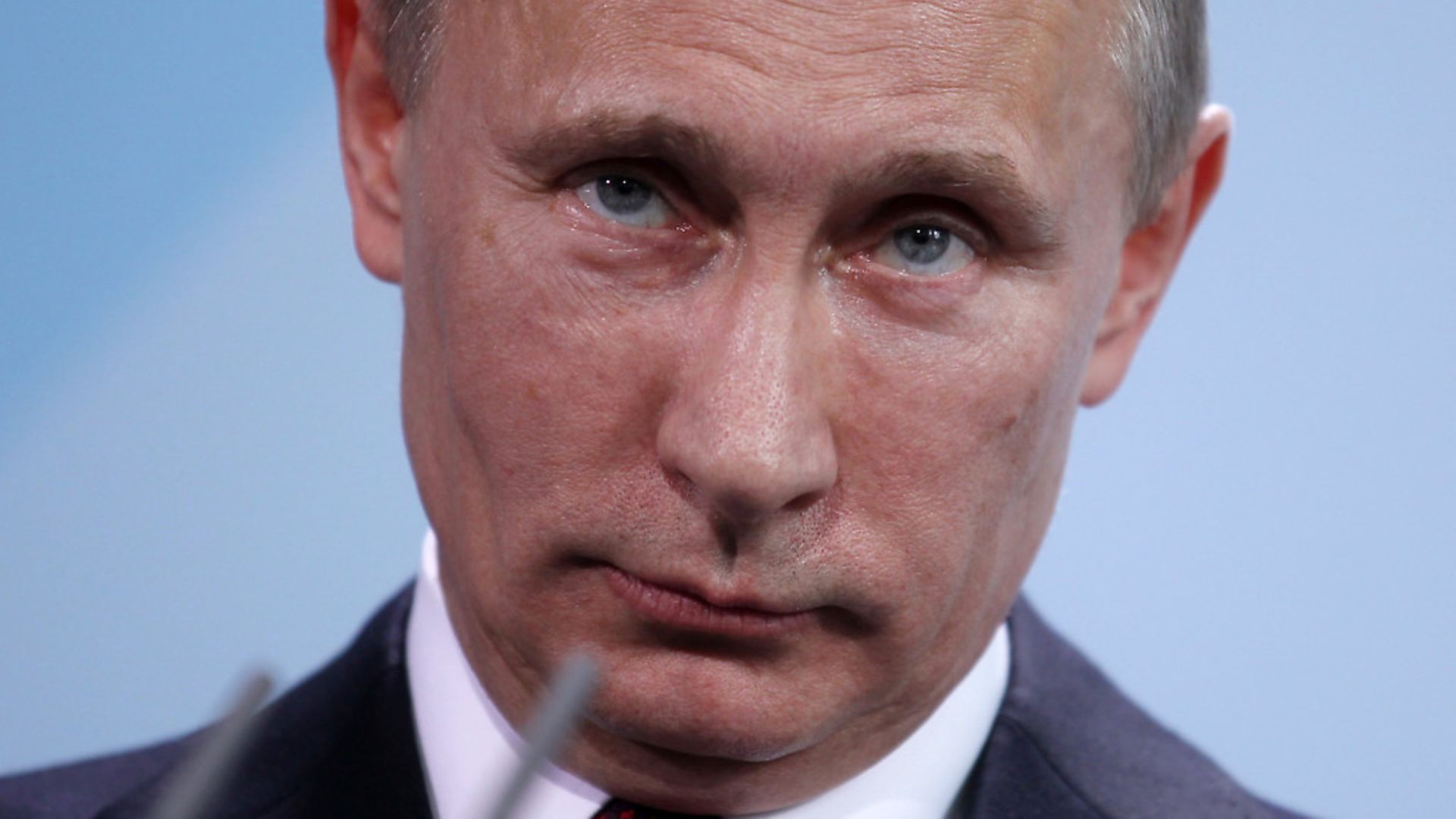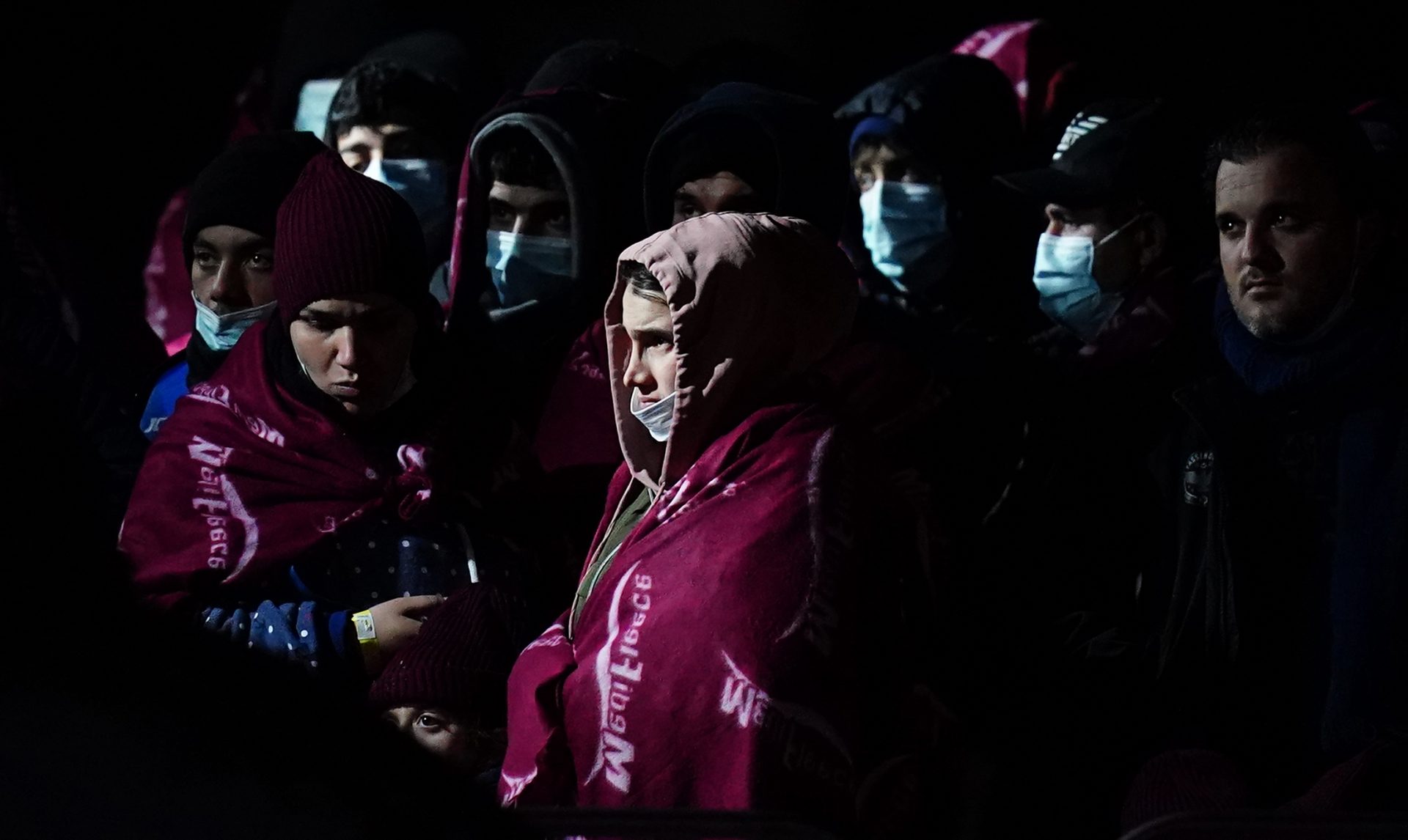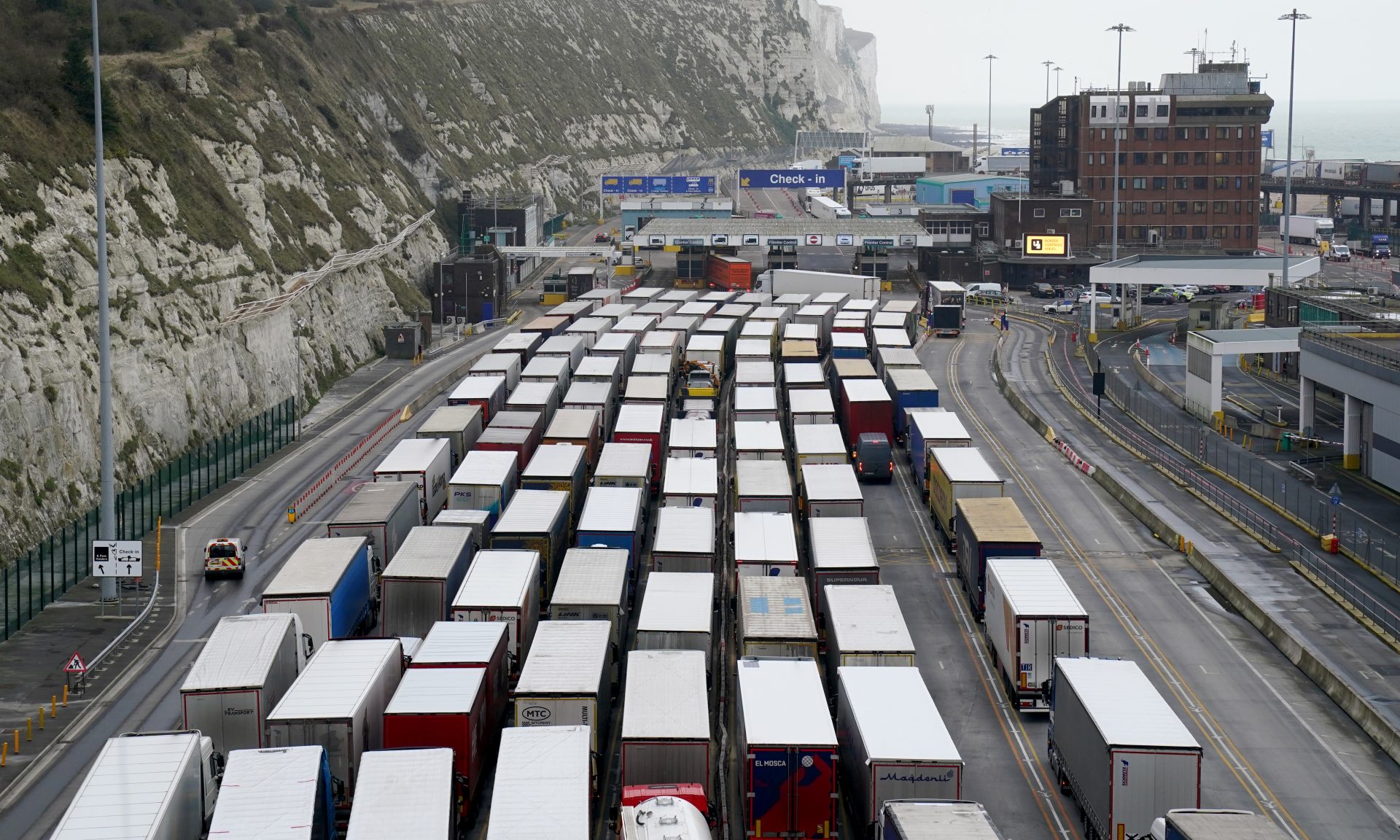The crisis in Ukraine has become like one of those deadly hurricanes that never hits, always veering north of the Hebrides at the final moment. We’d better hope it stays that way.
Twice in the past 12 months, Vladimir Putin has mobilised a war’s worth of armoured vehicles to Ukraine’s border. The first time was in March and April 2021, the second time is ongoing – and has triggered a bout of panicked US diplomacy.
Europe is closer to war than at any time in the past 30 years, says Poland’s foreign minister. And I believe him.
But many Westerners, even those who remember the pictures coming out of Iraq 19 years ago, have no idea what a conventional war between “peer adversaries” would look like.
We were given a sneak preview in last week’s cyber-attack. In a full conflict, missiles and airstrikes would take out the energy grid, bridges, ports and railways; anti-satellite attacks would destroy the GPS system, together with the comms networks of the emergency services. The internet and cellphone networks would go offline. Sudden shortages of food, medicine and energy would sow mass panic. And that’s before the killing starts between conventional forces on the ground, at sea and in the air.
The aim would be to force the Ukrainian government to surrender, acceding territory in Crimea and east Ukraine already occupied by Russia, and legitimising the absorption of 42 million people into Moscow’s sphere of influence.
In response, the USA would likely shut down the Russian banking system, collapsing its economy within weeks. And there would be a tsunami of disinformation unleashed by Moscow and its allies aimed at destabilising our own democracies.
So a war between Russia and Ukraine is a prospect we should be trying to avert at all costs. But how?
Russia’s central demand is a legally binding guarantee that Ukraine should never be allowed to join NATO. Putin claims that Ukrainians and Russians have always been “one people”, and wants Kiev to rejoin Moscow as part of a soft federation governed by himself.
In practice, what Putin cannot abide is a Ukraine en route to democracy. Since its pro-Russian government was overthrown in 2014, Ukraine has been struggling to meet the criteria needed to join NATO and trade with the EU. But its political elite is Western-oriented, as are the majority of its people. It is a flawed democracy, but substantially closer to freedom than Putin’s outright dictatorship.
To de-escalate the crisis, we have to begin with realism. The USA is no longer an unrivalled superpower. The “unipolar world” of 20 years ago is gone.
Not only that: the USA has become the developed world’s most fragile democracy – the legitimacy of its Federal government, and the rule of law, now called into question by important parts of the Republican and business elite. The Afghan debacle showed the USA is in no fit state to impose order, even in parts of the world it has spent resources and lives to dominate for 20 years.
For the foreseeable future then, no US government will fight Russia to defend Ukraine. Nor is there any appetite in Europe, among the electorate or the political class, for a war with Russia. Therefore, as long as Russia is ruled by an unstable narcissist, prone to histrionics and diplomacy by tank battalion, there can be no prospect of Ukraine joining NATO.
So while a legally binding guarantee may be impossible, it is obligatory that Western security elites recognise reality.
NATO’s leaders maintain it is a defensive alliance, but that they cannot cancel its “open door policy” to new members. In the world described above, these two statements cannot co-exist. The strength of NATO is that if you attack one member, you attack all.
It’s on that basis that socialists like myself see it as a valuable piece of the geopolitical architecture: a realistic deterrent to Putin trying strong-arm tactics on Estonia, Greece or Poland, and a vital institution for maintaining Britain’s national security.
But you cannot be “defensive” if you leave open the possibility of advancing a military tripwire right up to the borders of Russia – where even now the two sides regularly engage each other in shell and sniper fire.
Strategic realism dictates that Ukraine cannot join NATO this side of a democratic political uprising that sweeps away Putin himself.
It can, however, become a stable and transparent democracy – abandoning repressive measures against left wing opponents and ridding itself of chronic corruption. And those should be the West’s twin goals – pursued actively by liberal, left and progressive movements in civil society.
In pursuit of that, the missing voices are those of the people. Russia’s democratic opposition is rightly wary of a Western “liberalism” whose main efforts, in the 1990s, were to plunge their country into economic servitude. Communications exist between human rights groups and progressive movements. But they are hampered on both sides by government accusations of “collusion with the enemy”.
So it’s time for civil society groups to reach actively across borders, mobilising the peoples of Europe, Ukraine, Russia and North America in a common effort to repudiate aggression, and to promote dialogue, compromise and human rights.
I’ve been in a warzone, in Gaza in 2014. I fear another approaching.
I can assure you that if two modern armies ever go to war in Europe, the human, social and economic impacts would be devastating. We all have an interest in the active de-escalation of this crisis.




